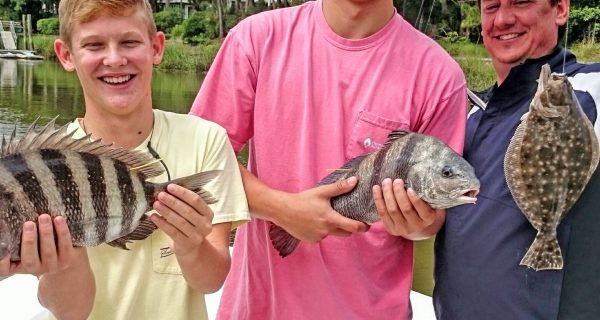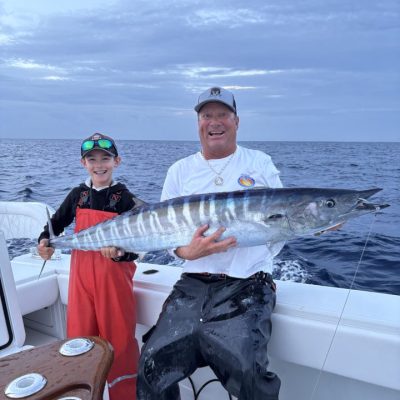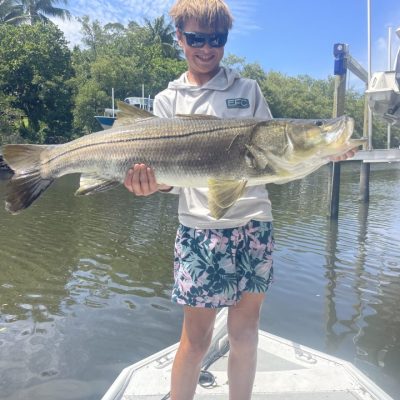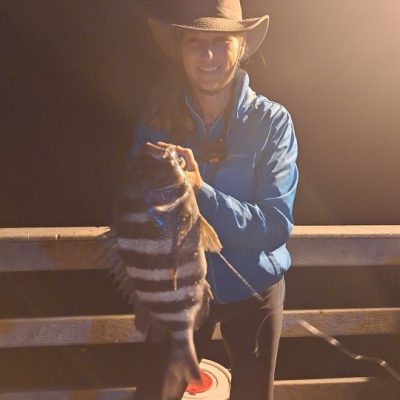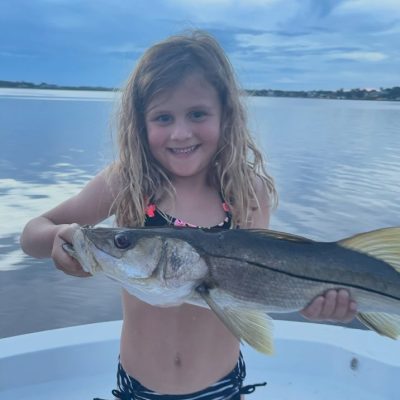Conservation
Environmental and waterway news.
Latest in Conservation
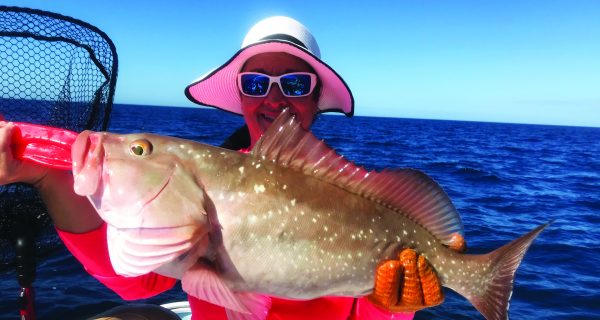
GREAT INSHORE AND OFFSHORE FISHING OPPORTUNITIES
by Captain Terry Fisher June is a month for opportunities galore when it comes to targeting fish inshore and offshore. …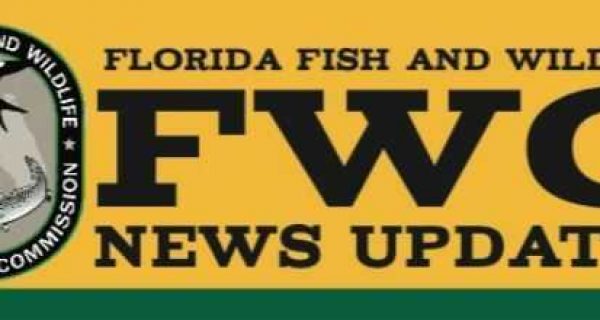
Atlantic Grouper and Atlantic Hogfish seasons re-open May 1
Atlantic grouper and Atlantic hogfish seasons re-open May 1. Stone crab season closes May 16.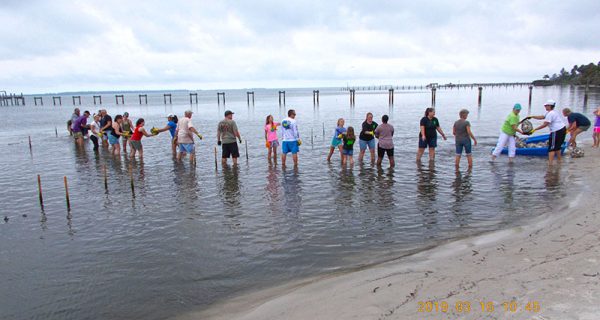
St. Lucie County Artificial Reef Update: May 2019
A deployment date for the Voici Bernadette has been set. The ship will be towed offshore St. Lucie County on Saturday morning, June 8. Events to commemorate the deployment are being planned by MMPS, Environmental June 6-8.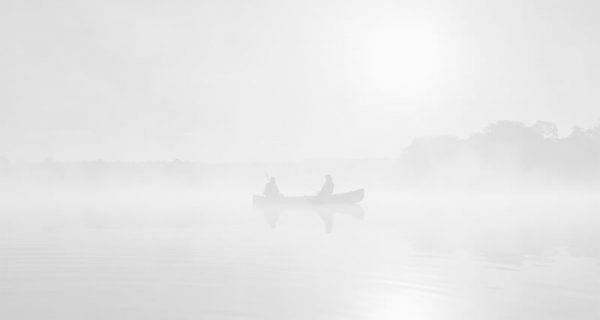
There’s No Place Like Home Even For Whale Sharks
Questions about tagged Whale Sharks Whale sharks are nomadic, but the recent travels of two tagged whale sharks raises questions …
On The Water with FECOP
FECOP acquires Oceanography and Satellite Data Expert Dr. Marina Marrari PhD. has joined the FECOP team to head a series …